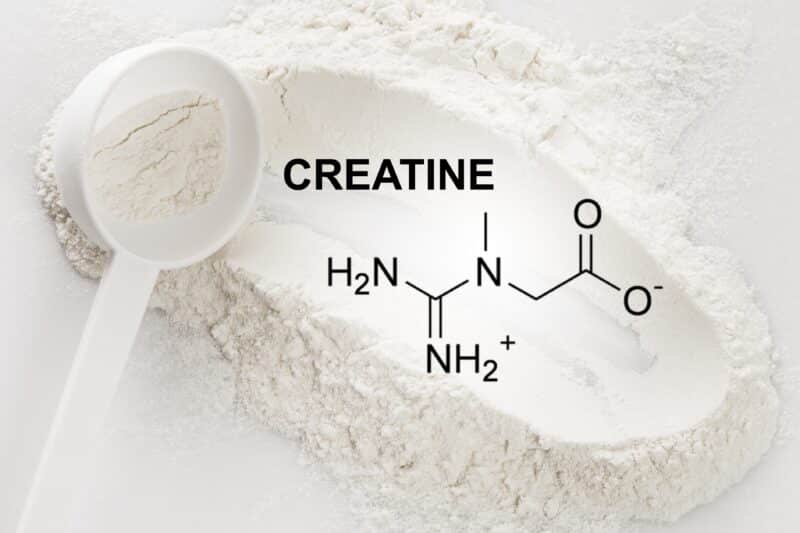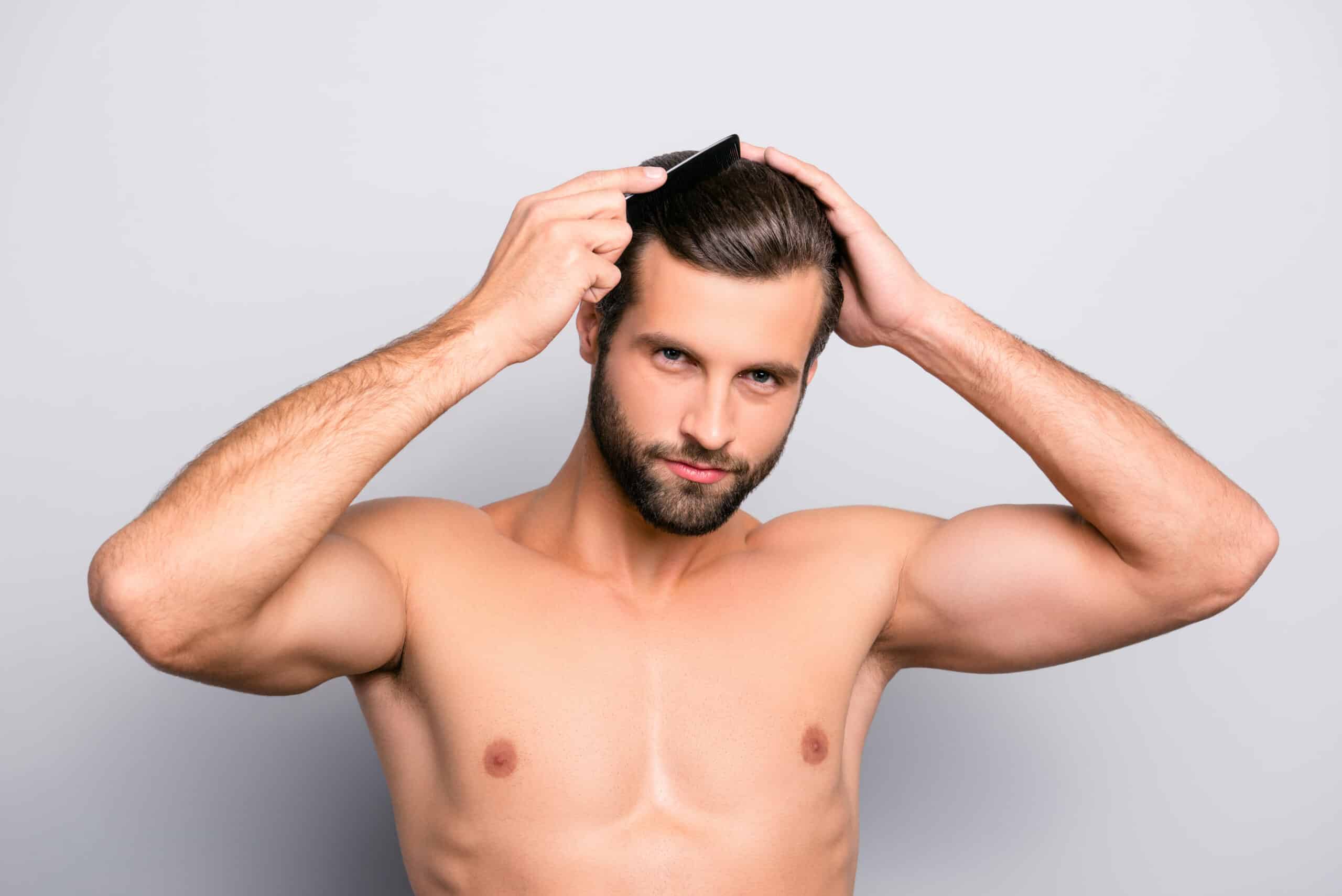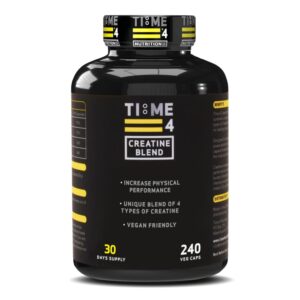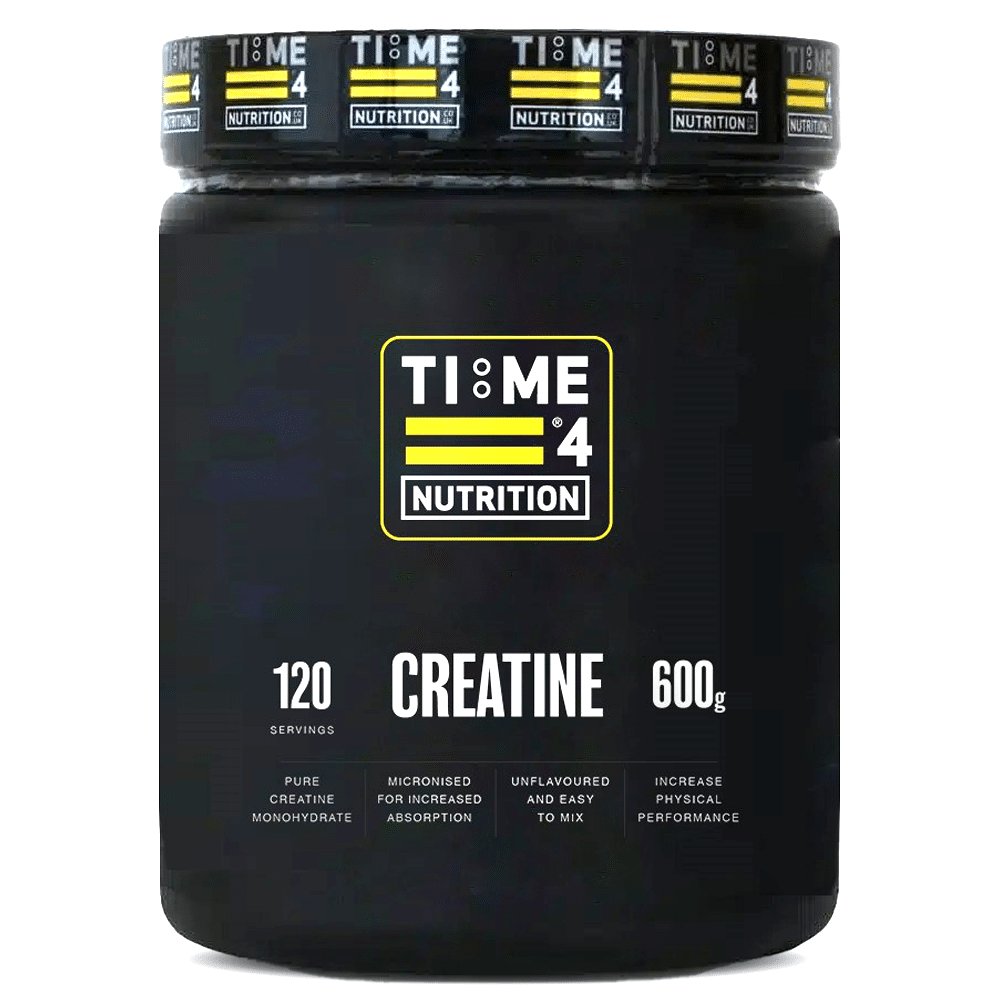Does creatine cause hair loss?
Does Creatine Cause Hair Loss? What does the science say?
(Click on Nutritional Terms and Reference Numbers in Blue for More Info)
Creatine is a substance that is produced naturally in the body. Approximately 5% is found in the brain, kidneys and liver. The remaining 95% (120-140g) is stored in our skeletal muscle, where it forms a high-energy molecule known as phosphocreatine. It is the breakdown of phosphocreatine which produces ATP (adenosine triphosphate) to fuel the muscles during heavy lifting and high intensity exercise.
Creatine is one of the most popular fitness supplements on the market today, as it has been shown to provide a host of benefits, ranging from increasing muscle size, strength and power to reducing fatigue and enhancing brain function and control of blood sugar levels (1).
So strong is the evidence supporting the use of creatine, that the International Society of Sports Nutrition position stand (1) states that it is the most effective ergogenic nutritional supplement currently available to athletes in terms of increasing high-intensity exercise capacity and lean body mass during training. The authors also note that it is one of the world’s most tested supplements and has an outstanding safety profile.
However, despite the vast amounts of research demonstrating the safety and efficacy of creatine, there has been some concern expressed in the media recently, particularly social media, that it may cause hair loss.

What does the science say?
After conducting a search of the scientific literature, it appears that the vast majority of speculation regarding the relationship between creatine supplementation and hair loss comes from a single study by van der Merwe and colleagues (2).
This involved 20 college-aged male rugby players who supplemented with 25g of creatine per day for 7 days, followed by 5g per day for an additional 14 days. The subjects experienced a 56% increase in serum dihydrotestosterone (DHT) after the seven-day loading period. This remained 40% above baseline values after the 14 day maintenance period.
The reason that this result raised concerns regarding potential hair loss is that DHT, a metabolite of testosterone, has been linked to some occurrences of hair loss. In males, DHT can bind to androgen receptors in susceptible hair follicles and cause them to shrink, ultimately leading to hair loss (3).
It is important to note that the purpose of the study by Merwe to investigate the effects of creatine on resting concentrations of selected androgens (male sex hormones), not to investigate the effects of creatine on hair loss, and no mention of hair is made in the study.
In a comprehensive review of the literature on creatine and hair loss, Antonio et al., (3) note that the results of van der Merwe et al. have not been replicated in other studies, and that intense resistance training alone can cause increases in androgenic hormones.
Moreover, the increase in DHT and the DHT: testosterone ratio remained well within normal clinical limits. Furthermore, prior to supplementation, DHT was 23% lower in the creatine group compared to the placebo group. Therefore, the small increase in DHT in the creatine group in combination with a small decrease in the placebo DHT response after 7 days of supplementation explains the “statistically significant” increase in DHT noted by van der Merwe et al. (3).
Antonio and colleagues (3) suggest that while it is theoretically possible that creatine supplementation could potentially lead to an increase in the formation of DHT, no study has reported hair loss in humans.
Interestingly, to date, 12 other studies have investigated the effects of creatine supplementation on testosterone. Two studies reported small, physiologically insignificant increases in total testosterone after six and seven days of supplementation, while the remaining ten studies reported no change in testosterone concentrations. In five of these studies, free testosterone, which the body uses to produce DHT, was also measured and no increases were found (3).

Does Creatine Cause Hair Loss? In conclusion
The current body of scientific evidence does not show that creatine supplementation may cause hair loss, nor does it increase total testosterone, free testosterone nor DHT. It is important to note that hair loss with increasing age is very common, with 40% of men aged 35 experiencing some hair loss with this figure rising to 80% by the age of 80 years. This problem is not unique to men as 50% of women will suffer hair loss to some degree, which can be due to a variety of causes, but currently no study no has reported hair loss in humans due to creatine supplementation. If you are concerned about hair loss you should consult a suitably qualified health care professional.


